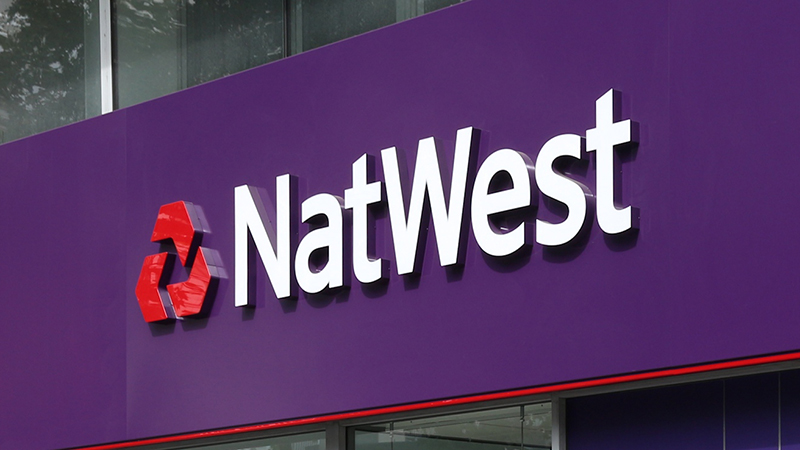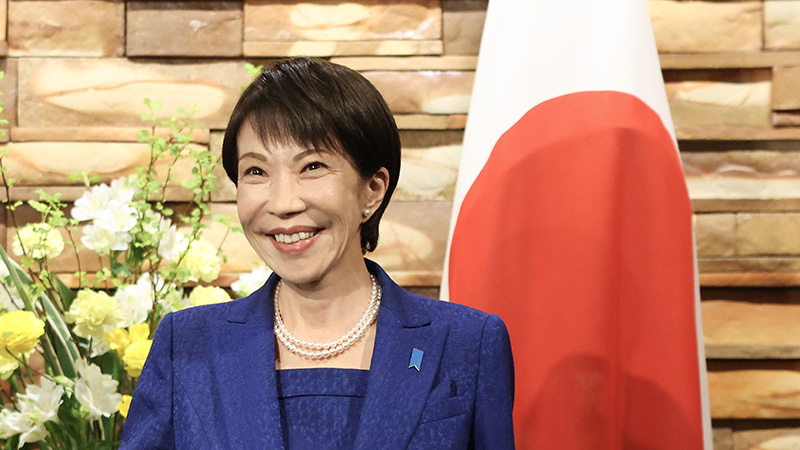The summer months are typically a weak season for equity markets – followed by a pick-up. However, Arnout van Rijn, chief investment officer Asia Pacific at Robeco, believes the customary fourth-quarter equity-market strengthening may fail to materialise this time. He thinks there is good reason to be cautious.
Van Rijn points to the fact that the US Federal Reserve has expressed its intention to start tapering its $120bn monthly purchases from November this year, probably by $15bn a month.
This, he argues, means that, although markets remain firmly supported through the generous provision of liquidity, it is inevitable that the huge pool of policy support will shrink. “Guessing what this will mean for investors is difficult, but we expect somewhat higher interest rates to have a dampening effect on the current ebullient ‘buy any dip’ sentiment”.
Laetitia Baldeschi, co-head of research and strategy at CPR Asset Management, believes the fact that the Fed will taper its asset purchases is now almost fully priced in by investors. What is not priced in is the pace of the tightening.
“The latest Federal Open Market Committee (FOMC) minutes suggest that the Fed could reduce its monthly purchases by $15bn each month but as inflation keeps accelerating and inflation expectations continue to rise, the Fed might consider a quicker pace and will have to start communicating on rate hikes. This would be negative for equities.”
Pressure on earnings
Van Rijn believes that the other engine, that has driven stocks to all-time highs – namely, earnings – may well sputter in the fourth quarter. “Input price pressure is hitting both industrial and consumer companies’ profit margins. Meanwhile, the strong upward revisions to earnings forecasts seen over the past year seem bound to gradually fade. The upward momentum in earnings-outlook revisions has continued to be strong across the world, with only two downgrades for every three upgrades.”
He adds: “We haven’t seen such numbers since 2004. However, our view is that this trend is unlikely to be sustained, as we see slower economic growth and margin pressure ahead.”
Patrick Moonen, principal strategist multi asset at NN Investment Partners, explains that the earnings season kicked-off very well and third quarter earnings estimates have moved up from 25% pre-season to 30% today.
However, he stresses that the season has thus far been dominated by financials and we have not yet got much more clarity on the way the industrial sector is impacted by rising input costs and supply shortages.
“The real test will come over the next two to three weeks when more and more goods-producing companies report. This will give us a better idea of the adverse impact of soaring energy prices and supply chain disruptions on corporate margins and production levels.”
He adds: “Anecdotal evidence in company reports and guidance already point into this direction. We expect that especially for industrial companies, the Q4 outlook could be a bit sobering. This is already visible in the downward Q4 earnings revisions for this group of companies.”
Global GDP growth
However, Moonen thinks 2022 estimates look on the low side. He expects global nominal GDP growth of 6-7% which should lead to earnings growth well above the expected 8% because of positive operational leverage.
“Either the GDP numbers are too high or the 2022 earnings estimates are too low. We think it will be a bit of both. Of course, supply-chain bottlenecks are a source of uncertainty, but we expect these to progressively resolve.”
Companies will also face rising input costs and potentially higher taxes and it is uncertain to what extend they can reflect this in higher selling prices. Moonen suggests this is likely to be industry or even company specific. However, he stresses we must also acknowledge that corporate margins are high, supported by operational leverage, hence there exists a buffer to deal with rising input costs, especially if these are temporary.
Van Rijn and his Robeco team have turned more cautious on the macroeconomic and the earnings front. “For now, this does have a large impact on our near-term outlook, especially for emerging markets, which have historically been more sensitive to tighter US monetary policy. That said, we will closely monitor corporate earnings outlook comments and the ongoing inflation debate over coming weeks.”
Moonen’s conclusion is that over the coming quarters investors will face a large number of economic, political and corporate challenges, which can go either direction, and for markets this may mean an uphill battle. “Eventually it will come down to what extend earnings growth can compensate for lower valuations. We see the glass as half full.”
For more insight on continental European investment, please visit www.expertinvestoreurope.com














